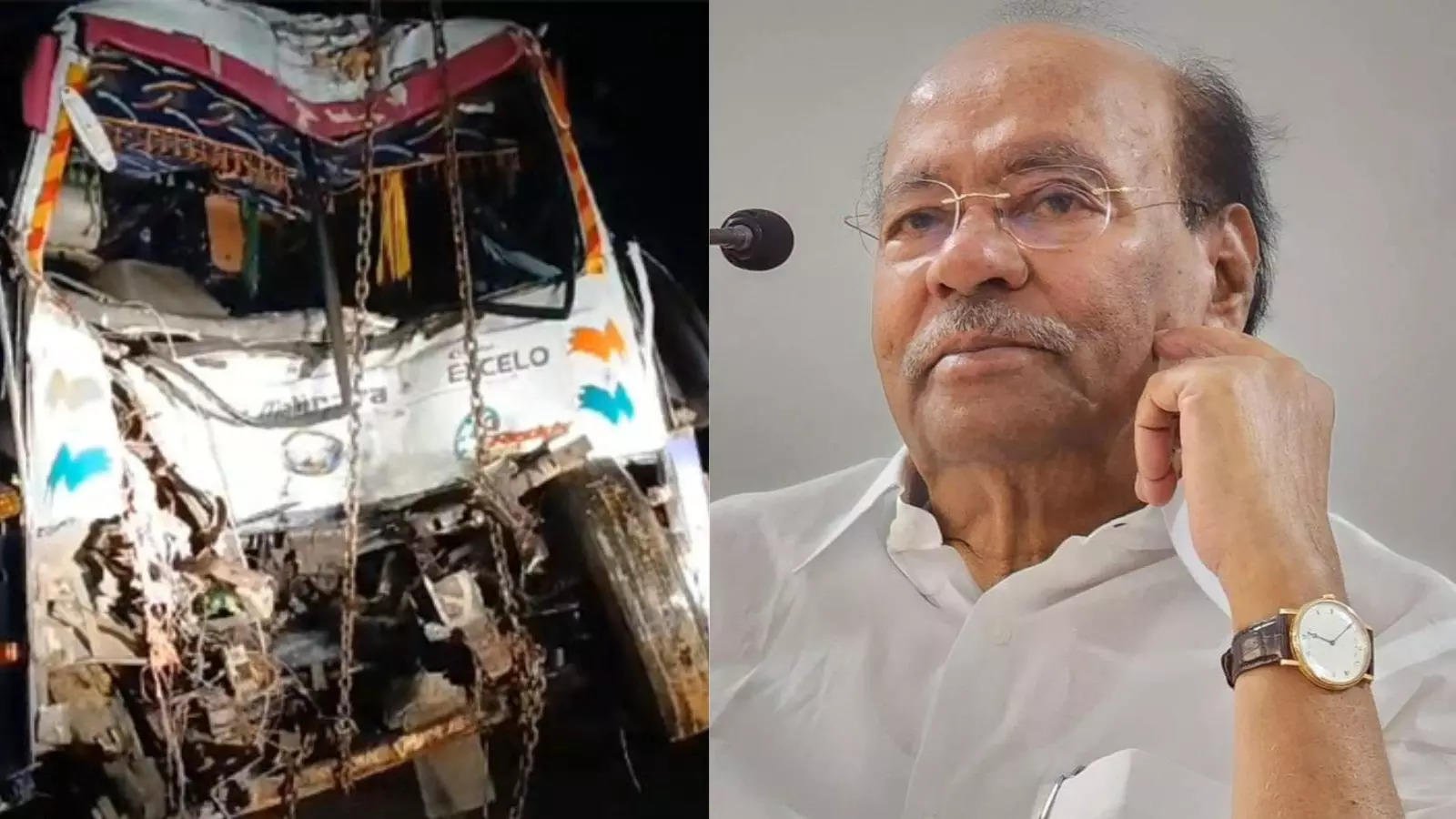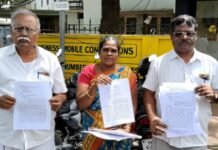Parliament Of India: The Union Home Ministry will assess whether CISF (Central Industrial Security Force) personnel should take on full responsibility, from managing security arrangements at the Parliament premises to issuing passes to MPs, VIPs, officials and the media. The Indian Express has learned that the committee has set up
These responsibilities are now vested in the Parliamentary Security Service, which operates under the nearly century-old Watch and Ward Committee. Last month, CISF personnel were brought in to replace 150 personnel of the Delhi Police who were deployed for Parliament security.
The change took place due to the security issue at the Parliament held on December 13 last year. Then some people entered the parliament hall and protested by throwing cigarette butts.
Now, consultations are underway to assess whether the CISF can take over security entirely. “For the past several years, the strength of the Parliamentary Security Service has been stretched thin anyway as there have been no fresh recruitments,” said people in the know.
In an order issued by the Ministry of Home Affairs on May 3, “With the approval of the competent authority in the Union Ministry of Home Affairs, it has been decided to set up a joint inspection team to re-inspect the Parliament premises for inducting additional CISF personnel to carry out the work of the Parliament Security Service. CISF DIG Ajay Kumar will coordinate with other members of this Joint Investigation Team and report soon,” it said.
CISF DIG Ajay Kumar heads the seven-member probe team, which includes a representative each from the Intelligence Bureau, Delhi Police and Parliament Security.
The order also mentions the duties that the CISF is expected to undertake: Central Pass Issuance Unit (CPIC) for both Rajya Sabha and Lok Sabha; regulating access to MPs, VIPs, senior government officials, etc.; restricting access to lobbies and galleries; issuance of temporary passes; regulating movement in the press gallery; Coordination with other security agencies; Security arrangements during the presidential address; Presidential and Vice Presidential Elections; And that includes the support and protection of the leader.
Also, these activities are monitored by specially trained monitoring and ward staff to treat Members of Parliament, audience and media with respect and dignity,” said an official at the Parliament House.
Spotting potential problems with the move, former Lok Sabha secretary PTI Achari told The Indian Express in Peske, “Parliament is not like an airport or any other public sector institution, it has MPs from all parts of India.
Parliamentary Security is a part of the Lok Sabha Secretariat whose job is to protect the interests of MPs and provide facilities to them. No external security agency can do this. The Parliamentary Security Service has well-trained personnel who cannot be replaced by a security agency with no experience in dealing with Members of Parliament.
It is under the control of the Speaker and if there is a need to change the composition of the parliamentary security system, it should be done under the direction of the Speaker and not through the Union Ministry of Home Affairs. No ministry can accomplish that,” he said.
On 3 September 1929, the Parliamentary Security Service formed the Watch and Ward Committee at the initiative of Vithalbhai Patel, then the Speaker of the Central Legislative Assembly. This followed the April 1929 incident in which a bomb was thrown in the Lok Sabha chamber by Bhagat Singh and Padukeshwar Dutt.
The Committee functions independently under the Speaker of the Lok Sabha. While a Joint Secretary (Security) looks after the entire Parliament complex, the Director (Security) of the Rajya Sabha Secretariat has operational control over the Upper House and the Director of the Lok Sabha Secretariat has operational control over the Lower House.
Currently, the Parliamentary Security Service is “responsible only for access control and orderly management of people, goods and vehicles within the historic and prestigious Parliament premises”.
Its personnel were instrumental in thwarting the December 13, 2001 Parliament attack. Two of them — Madbar Singh Negi and Jagdish Prasad Yadav — laid down their lives.
An official pointed out that it is important for Parliament to have a specially trained panel independent of the executive. “It is necessary to ensure that the government of the day does not limit access to Parliament, impose its security on Parliament or limit the use of Parliament premises,” the official said. It may be noted that Article 98 of the Constitution mandates separate secretariat staff for each House.









